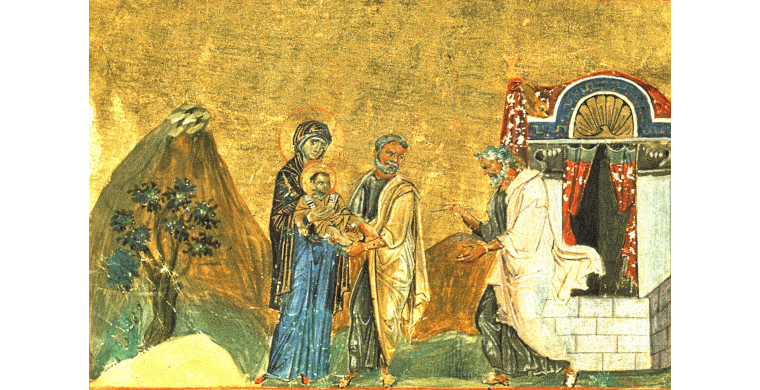Circumcision of the Flesh
by David G. Duggan ©
Special to VIRTUEONLINE
www.virtueonline.org
January 1, 2024
One thing lost in this modern age is the commemoration of the Feast of the Circumcision. Corresponding to our New Year's Day, but deleted from the bowdlerized 1979 Book of Common Prayer in favor of the "Holy Name," this once-observed feast unites both Christ to His Judaic roots, and us to His human flesh. Nothing says the Word made Flesh more than that part of that divine Flesh be removed as a sacrifice.
Perhaps I get why this feast is disfavored. The church and its apostles don't want to disenfranchise that half of humanity for which circumcision is brutality incarnate. Nor does it want to weigh in on the medical issue whether the procedure is desired or necessary, or the political issue whether it is infant mutilation under the guise of religious ritual.
But by eliminating this observance, the church has reduced the symbolism of birth, death and resurrection. Jesus of course did not derive from Joseph's seed, and Jesus never used his circumcised member to produce a new class of demigods, the way that the Greeks viewed their heroes, Hercules, Achilles and all those born of the union of a god and a human. That God the Spirit would terminate the Father's line at His only Son shows how God the Father views His human creation: finite yet capable of faith; faithful yet beholden to sin; sinful yet worthy of redemption.
The circumcision of Christ celebrates more than an ancient ritual adopted by a people set apart for God, the meaning of which has been lost in the pages of history. It acknowledges that unbroken line which unites us to God's first act of love: creating Man to be redeemed by His Son, circumcised in the flesh, in obedience to the Father who first decreed it.
David Duggan is a retired attorney living in Chicago. He is a regular contributor to VOL














